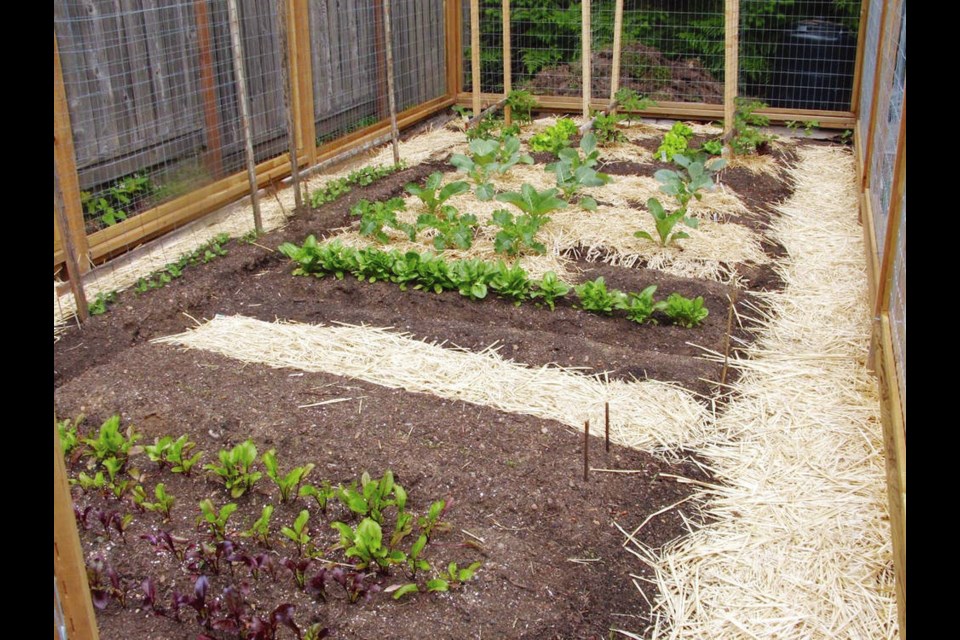Can’t blame the Grinch. And Christmas hasn’t been stolen. It’s been administered a remedial shrinkage, necessary in the circumstances.
Everyone of good will who grasps the reality of the current situation will not see this as a miserable hardship, but as an opportunity to exercise empathy — an attitude the world needs more of. Without this essential human disposition, a society descends into an uncaring chaos.
All the people I know are retreating to their individual households, often of just two or three people, not joining with other family members and friends as they have always done before.
I’m thankful. The holiday season will not be what many of us are accustomed to, but on surveying the news from around the world and even nearby countries, and noting the devastation in some places, I’m deeply grateful, each day, to the Universe, the Creator, and all the blessed Powers That Be, that I live where I do, where authorities have taken difficult measures to preserve life.
Christmas will be smaller this year. It will also probably be more manageable and relaxing. Because socializing is limited, I’m setting my sights on a supremely self-indulgent holiday. I plan to spend an inordinate amount of time in my night attire, reclining by the fire reading an absorbing book or dissolving into a happy puddle of sentiment over Love, Actually and A Christmas Carol. I’ll be getting my “cosy” on.
Hope. Staying positive and hopeful through this year has been a major challenge for many, because we’re not all in this equally together. Some have suffered dreadful hardship; others have been affected hardly at all, apart from having to take the standard precautions. My hope is that changes will emerge to help form a more equitable society.
From the beginning, early in the spring, mandated restrictions and a concern for personal safety drove people homeward and back to life’s basics. A desire for increased self-sufficiency became evident. So many people began baking bread that flour and yeast became elusive commodities on store shelves.
The surge of interest in vegetable gardening was dizzying. Seeds flew off racks. Popular supplies became difficult to access. Several close neighbours set up entirely new vegetable plots and delighted in the results. A highlight of the spring for me was dropping in on these developing gardens, answering questions and offering advice as needed. It was an uplifting experience. Such hope was planted with these gardens.
It’s quite possible that home gardeners have been well equipped to take the stresses and uncertainties of this year in stride. We’re a hopeful lot.
Almost everything we do in the garden is an expression of hope. We prepare plots with fertilizer and compost, we sow seeds and set out transplants, all the while trusting that tasty, nutritious food will reward our efforts. We tidy, prune, weed and plant flowers in the hope of creating a beautiful personal environment, our own little Garden of Eden.
Hope came to Detroit when a grassroots movement emerged to turn available vacant spaces into flourishing food gardens to feed the many impoverished citizens. This was around seven years ago. Manufacturers and suppliers had fled the city. Unemployment soared, along with crime rates. Detroit declared bankruptcy.
Leaders with foresight knew that the possibility existed for the city to produce most of its own vegetables and almost half the needed fruit if greenhouses were used to extend the growing season. Food security networks emerged to slowly transform Detroit into “growtown.”
Neighbourhood leaders identified and arranged access to promising spaces that included areas around people’s houses and school yards. Youth gardens set up in impoverished areas helped to turn young people away from junk food and onto healthy eating.
Polytunnels and greenhouses were set up. Wormeries were established to enhance soil fertility. Gardening courses were supplied. Commercial kitchens were organized for processing and packaging surplus food products for sale. Where green things grow, there is hope.
Food gardens cannot address and solve all human ills, but a common access to simple, fresh, nutrient-dense foods, from the good, clean earth rather than from a factory, is a solid, basic foundation for physical and mental health.
I wish you all a peace-filled and relaxing Christmas season. May hope colour your forward look into the new year.



